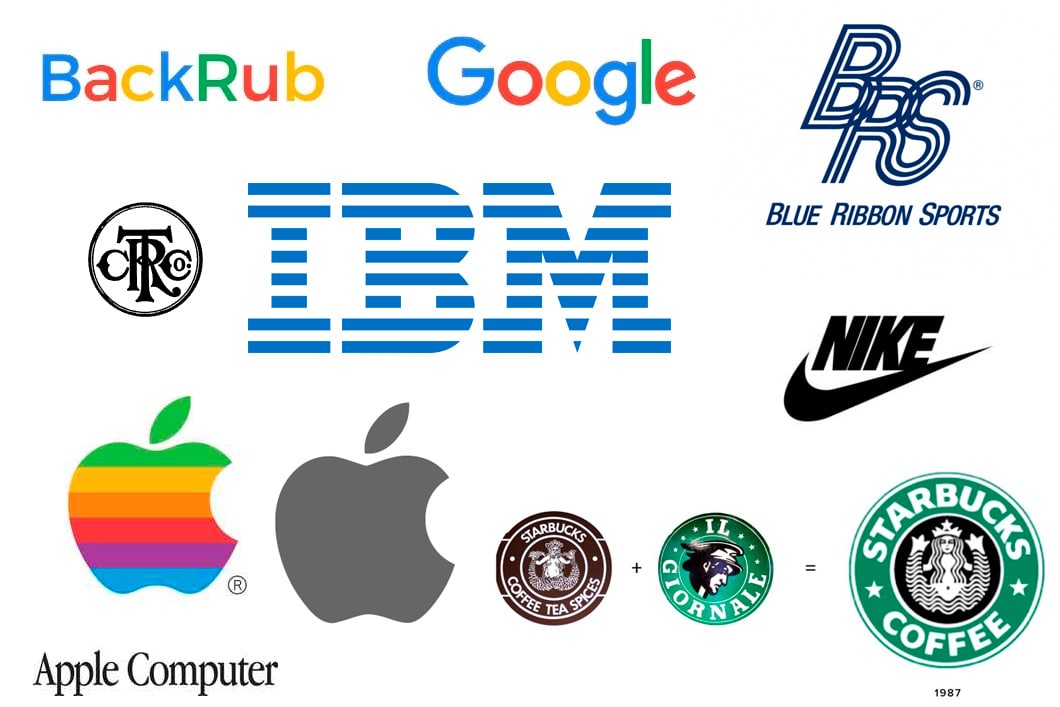
Creators name their companies by considering factors like brand identity, relevance, uniqueness, and memorability. They may combine meaningful words, use acronyms, or invent new terms. A captivating name evokes emotions and aligns with the company's vision, product, or services, leaving a lasting impression on customers.
5 most famous brands that have successfully changed their name
- Google (formerly Backrub): Originally known as Backrub, the search engine giant changed its name to Google in 1997. The new name better reflected its mission to organize the vast amount of information available on the internet.
- Apple (formerly Apple Computer Inc.): In 2007, Apple Computer Inc. dropped the "Computer" from its name to emphasize its expansion into consumer electronics beyond computers. The simplified name aligns with their diverse product portfolio.
- Nike (formerly Blue Ribbon Sports): Founded as Blue Ribbon Sports in 1964, the company rebranded as Nike in 1971. The name change helped to establish a distinct identity and symbolized the Greek goddess of victory, which aligned with their athletic products.
- IBM (formerly Computing-Tabulating-Recording Company): Initially known as the Computing-Tabulating-Recording Company (CTR), the company changed its name to International Business Machines (IBM) in 1924. The new name reflected its global focus and evolving business.
- Starbucks (formerly Il Giornale): Originally called Il Giornale, the coffee chain was renamed Starbucks in 1987 after the acquisition of Starbucks Coffee, Tea, and Spices. The name change contributed to the company's global recognition and branding success.

What is the significance of a brand's name?
The significance of a brand's name lies in its ability to shape perceptions, evoke emotions, and differentiate the brand in the minds of consumers. Here are a few key aspects:
- Identity and Recognition: A brand's name serves as its identity, representing its values, personality, and purpose. A well-chosen name can capture attention, create curiosity, and facilitate recognition among consumers.
- Brand Positioning: The name can convey important information about the brand's positioning, target audience, and industry. It helps consumers understand what the brand offers and how it stands out from competitors.
- Memorability and Recall: A memorable name is more likely to be recalled by consumers, leading to increased brand awareness and word-of-mouth promotion. It helps the brand stay top-of-mind and fosters customer loyalty.
- Emotional Connection: The right name can evoke emotions and establish a connection with consumers. It can elicit positive associations, resonate with the brand's values, and create a sense of trust and affinity.
- Differentiation and Competitiveness: In a crowded marketplace, a unique and distinctive name can set a brand apart from competitors. It enables the brand to carve out a niche, attract attention, and be memorable in the minds of consumers.
Ultimately, a brand's name plays a vital role in shaping its perception, attracting customers, and building a strong brand image and reputation in the market.